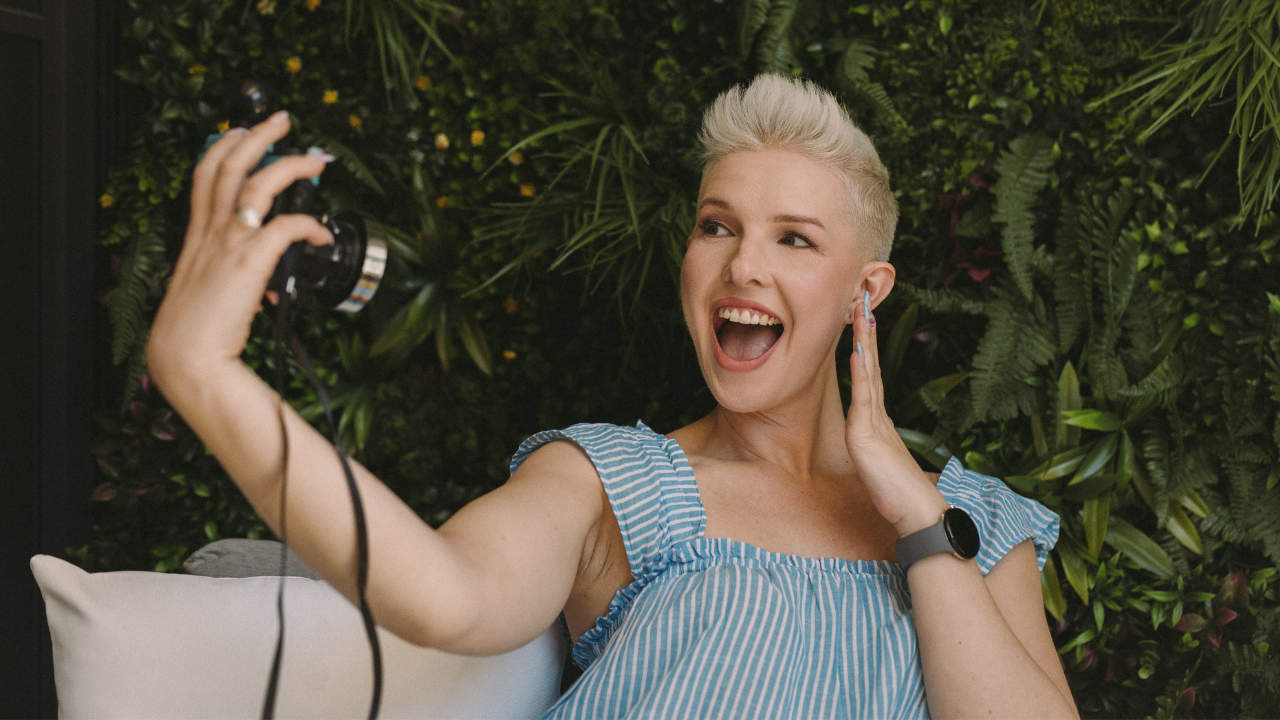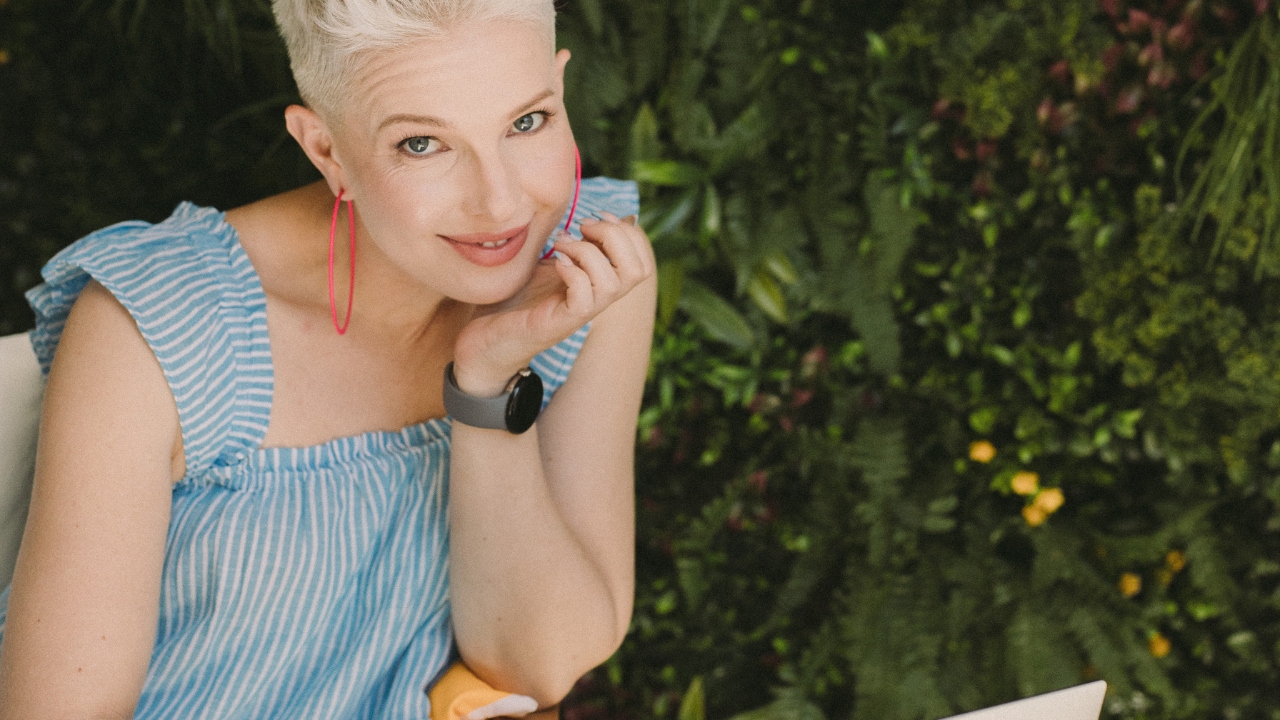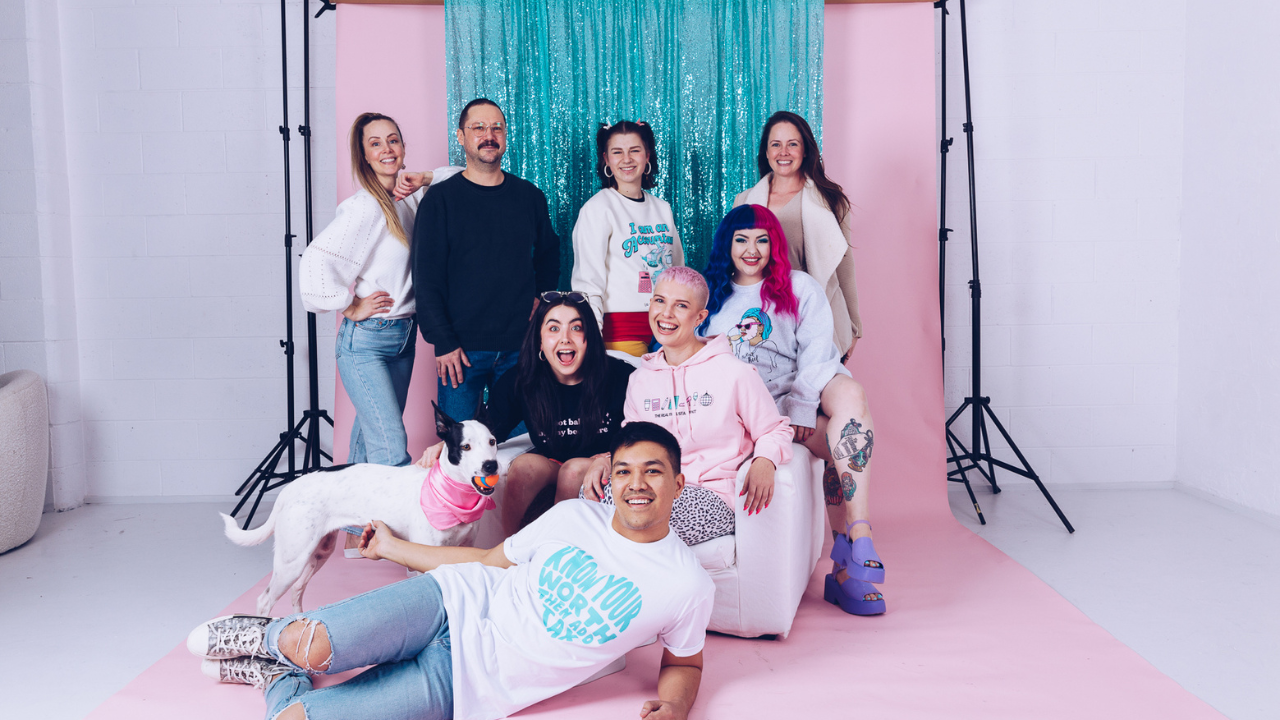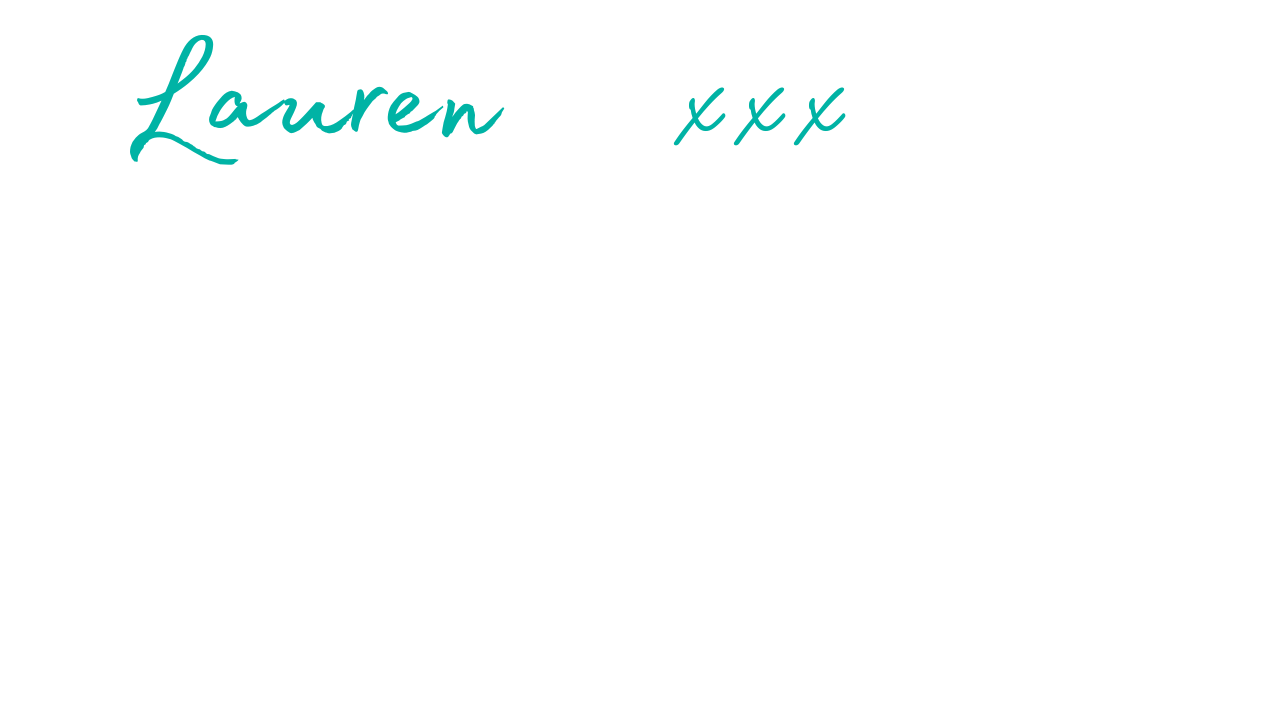From Hobbies to ABNs: When Content Creation Becomes a Business

"Hi! Welcome back to my channel… Don’t forget to LIKE & SUBSCRIBE"
Sounds familiar, right? This was the mandatory catchphrase for every YouTuber before content creation boomed across other platforms like Instagram, TikTok, and Facebook. It was a key move for building engagement and growing an audience.
Fast forward to today - your content is polished, your followers growing, and your brand collaborations rolling in. Social media has allowed anyone to easily upload their content online, so the barriers to entry are low and right now it feels like anyone can be an influencer or content creator. The digital age of doing business has never been easier or more accessible.
But where there’s business, rest assured - TAX is just around the corner.
You might ask:
“I’m just doing this for fun, so should I even worry about tax?”
It’s a fair question and one that many content creators and influencers ask themselves, especially in the early stages.
The answer is… It depends.
The ATO treats influencers as part of a broader category of individuals who earn income through online platforms, including:
- Social media influencers
- Content creators
- Streamers
- Bloggers/vloggers
- Anyone receiving income, gifts, or perks in exchange for promoting products, services, or brands

At what point does posting turn into profiting?
It’s not always obvious - but it matters. Hobby income isn’t taxable, while business income is considered assessable by the ATO. These key indicators will help you figure out whether you’re simply enjoying a hobby or actually building a business. If you are running a business, you need to report the income and put tax aside.
1. A significant commercial purpose or character
Focus: The nature and structure of your activities
Question it answers: How are you running your activities? Are they being conducted like a business?
Key idea: You are approaching your influencing work in a professional, organised, and commercially viable way - like any other business would. Example: Having a media kit/digital portfolio, working with multiple brands, maintaining a content calendar, and negotiating rates. You might have a special handle (not just a personal one), use a spreadsheet or multiple software subscriptions, and take a more measured and purposeful approach. There’s more to it than just helping out a friend by re-sharing their content, or sharing selfies of you wearing their new design to a party.
2. More than just an intention to engage in business
Focus: Taking real action, not just planning
Question it answers: Are you actually doing business activities - not just thinking about or preparing for them?
Key idea: Having the intention isn’t enough. You need to show that you’ve moved beyond the planning stage and are actively working toward making a profit. Though, you don’t have to actually be making a profit. Example: You’ve stopped just 'planning your content’ and actually launched your channel, signed your first brand deal, or monetised your posts.
3. Intention and prospect of profit
Focus: The influencer’s mindset and objective
Question it answers: Do you genuinely intend to make money from this?
Key idea: It’s not just how you operate; it’s about whether you’re in it to earn profit and can reasonably expect to do so. Example: You might not be earning a lot just yet, but you're putting in the effort - growing your reach, pitching to brands, and building a strategy to monetise your content.

4. Activities of the same kind and conducted in a way that reflects standard industry practices
Focus: Industry norms and best practices
Question it answers: Are you operating like other influencers who are clearly running a business?
Key idea: If you're doing what other business-minded influencers are doing (sponsored posts, affiliate marketing, cross-platform strategies etc.), that points toward a business. Example: You follow industry trends, know your metrics (engagement, reach and so on), pitch to brands, and monetise like others in the field.
5. Repetition and regularity
Focus: Consistency over time
Question it answers: Are you creating and posting content consistently - not just once in a while?
Key idea: A business usually runs on routine - regular posting, running campaigns, or collabs show commitment. Examples: Weekly uploads, daily stories, and scheduled reels. Basically, a content calendar in action.
6. Business-like manner and the use of systems
Focus: Systems and structure
Question it answers: Are you managing your activities in an organised, professional way?
Key idea: If you treat your content creation like a business - using contracts, keeping records, and separating personal and business finances - then you probably are running a business. Examples: Having a registered ABN, a separate bank account, issuing invoices, using contracts, and working with an accountant.

7. Size, scale, and permanency
Focus: Scope and sustainability
Question it answers: Is your activity large or consistent enough to realistically produce income long term?
Key idea: A bigger audience, consistent engagement, and long-term plans all point to a business. But even small creators can be considered in business if there’s a clear path to profit. There’s no magic income threshold - however, the more you earn and operate like a business, the more likely the ATO will treat you as one. Example: You're consistently working with brands, shipping products, or scaling your content strategy.
8. Hobby or recreation
Focus: Purpose and intent
Question it answers: Are you doing this for fun or are you building something more?
Key idea: Hobbies are great, but if your content starts generating income and is treated like work, it may have moved into business territory. Example: You started vlogging for fun, but now you get paid collaborations and are expanding your content strategy.
9. Other factors
Focus: Personal experience, skill, and credibility
Question it answers: Do you have the skills or background that suggest you’re serious and capable of running this as a business?
Key idea: Professional knowledge, digital marketing skills, or past business experience may support the idea that you’re treating your influencer activities as more than a hobby. Example: You’re a trained marketer, digital creator, or have business experience that informs your influencer activities.
Whether you’re just getting started or already working with brands, it’s important to understand where your content journey stands, and how it can ascend from hobby to business. The ATO isn’t just looking at viral followers or big sponsorships; they’re looking at how you operate behind the scenes. Understanding the difference between a hobby and a business isn’t just a technicality, it affects your tax obligations, financial planning, and even your credibility with potential collaborators. We know all of this can feel overwhelming, but that’s exactly what we are here to help with. You focus on the fun part; we’ll take care of the boring (but important) side of taxation.
Read more - Part Two | From Post to Profiting: Influencer Income & Tax Explained



